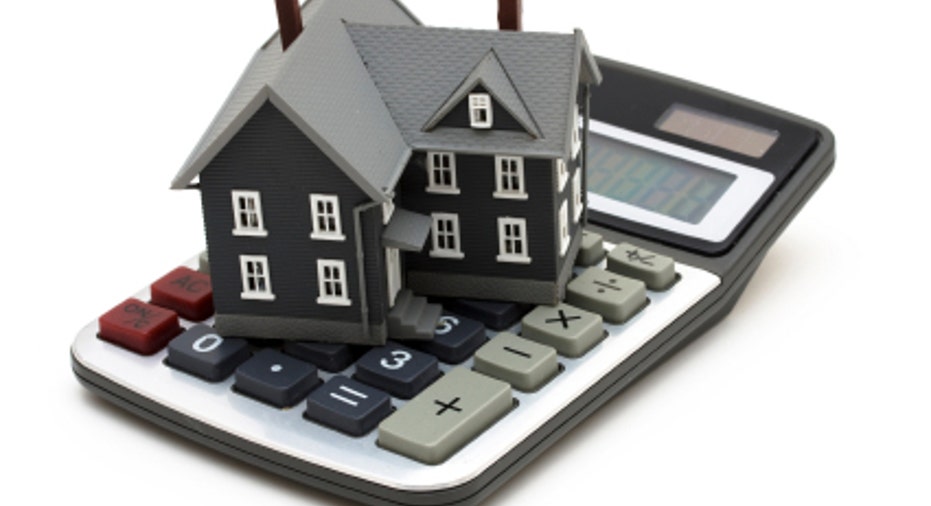Refinance a Home to a 20- or 30-Year Mortgage?

Dear Dr. Don, Regarding HARP 2.0, or the Home Affordable Refinance Program, my wife and I are currently in our mid-50s with a grossly underwater mortgage. We did not qualify for a loan modification, so we are considering a refinance. Our 30-year mortgage is $213,000 at 5.875%, and we are entering our seventh year of payments.
Given the historic lows on mortgage rates, would it benefit us to refinance now? I'm hesitant to start over on a 30-year mortgage given our ages. A 20-year mortgage would roughly keep our payments on par with our current ones, which we can handle now, but could be problematic later in retirement.
The other issue is closing costs. I was under the impression these would be significantly reduced or eliminated for 20-year mortgages or less, yet the estimates we have received include them. Any insights would be appreciated. -- Jim Juncture
Dear Jim, I'm all about financial flexibility. It's a great time to refinance. But my initial thought was that you shouldn't paint yourself into a corner with a 20-year mortgage if you're worried about being able to make the payments down the road. You could refinance with a 30-year mortgage and make additional principal payments on the loan over time.
If you can keep up with the additional principal payments, the net difference in interest rate expense is affordable, and you've preserved the flexibility of not making the additional principal payments in a month if there is not enough money available in your budget. The table below shows a scenario that approximates your current options.
Let's assume two things. First, you can get a 20-year mortgage at a rate that's 0.5% less than you would if you refinance with a new 30-year mortgage. Second, you could make additional principal payments under a 30-year mortgage, and those payments would amount to the difference between the 20-year and 30-year mortgages.
If you can do that, the effective length of your 30-year mortgage becomes 21.5 years.
The question becomes: Is it worth paying an estimated $17,121 more in interest over the next 21.5 years to have the flexibility of paying an additional $211 per month in a 30-year mortgage scenario, while not locking you into making higher monthly payment?
I'd say no, but the decision will depend on your monthly expenses and how much of a financial cushion you have available to you.
I'm not sure where you got your information on the 20-year refinancing having low or no closing costs, but it's not realistic to expect a difference in closing costs between a 20-year and a 30-year refinancing. One way or another, the piper gets paid when it comes to closing costs and a mortgage. Burying the costs by paying a higher interest rate or capitalizing them by folding them into the loan amount doesn't make it a no-cost mortgage even as it reduces the amount of cash the borrower has to bring to closing.
Bankrate's content, including the guidance of its advice-and-expert columns and this website, is intended only to assist you with financial decisions. The content is broad in scope and does not consider your personal financial situation. Bankrate recommends that you seek the advice of advisers who are fully aware of your individual circumstances before making any final decisions or implementing any financial strategy. Please remember that your use of this website is governed by Bankrate's Terms of Use.



















